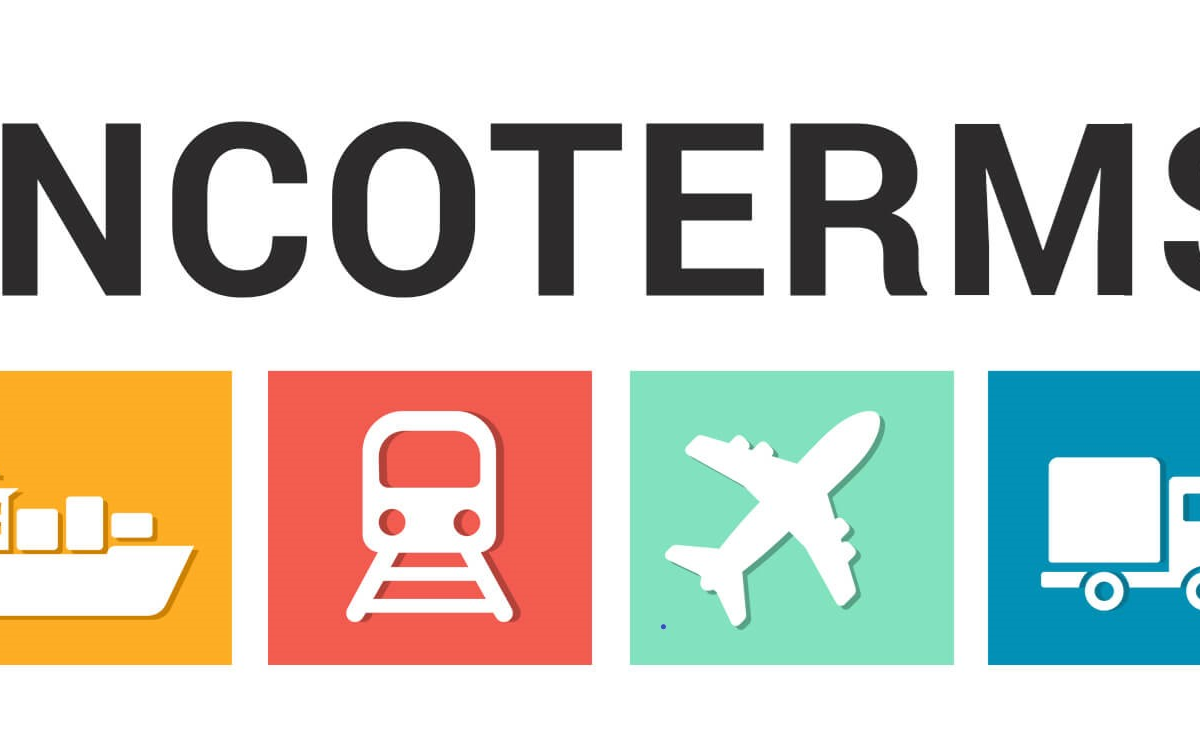
This article is written by Austin Garcia
A Potential Problem
The International Longshoremen’s Association (ILA) could strike on October 1, 2024. The union represents about 45,000 workers at U.S. East and Gulf Coast ports. Their contract is about to expire. If a strike happens, it would be the first one in almost 50 years. It would disrupt ports from Maine to Houston, Texas.
The ILA has several demands. They want a bigger wage increase than the 32% increase the International Longshore and Warehouse Union just won. They are also asking for better health care and more money from employers for retirement. A key problem is an argument over technology at the Port of Mobile, Alabama. The union says a gate technology system takes jobs from union workers. Employers say the system has been in use since 2008.
The Past Repeats Itself
The ILA’s last strike was in 1977. The union says it will not agree to extend the current contract. It also says it will not use federal mediation. Talks have stopped between the ILA and the United States Maritime Alliance (USMX). Neither side has met since June. The strike could hurt the U.S. economy. The ports are vital for trade. The Port of Houston, for example, is number one in tonnage. A strike could cause big delays and higher costs for goods. This would affect businesses and consumers.
It does not seem like the ILA and USMX will compromise. The ILA says it will not extend the contract or use federal mediation. Both sides have filed notices with the Federal Mediation & Conciliation Service. This shows they know there is a dispute. But it does not mean they will use mediation. The USMX wants to resume talks to avoid a strike. The ILA has not returned to the table since June. The main reason is the fight over automated systems at ports.
The next few weeks are important. They will show if a deal can be reached. The industry is watching closely. Everyone hopes for a deal that prevents a strike. This would keep the ports working smoothly.
TradeFlex
The potential strike could hurt the U.S. economy. Moving manufacturing to Mexico could help. This is called “nearshoring.” It makes businesses less dependent on the ports that may close. A move like this can create a stronger supply chain. Mexico is close to the U.S. It has strong manufacturing. This makes it a good option for companies that need to keep working. This helps with the strike problems now. It also helps with long-term economic growth by strengthening trade with Mexico.
At TradeFlex, we can help you with these issues. We have dedicated teams in El Paso and McAllen, Texas. Visit us at www.trade-flex.com to learn more.



